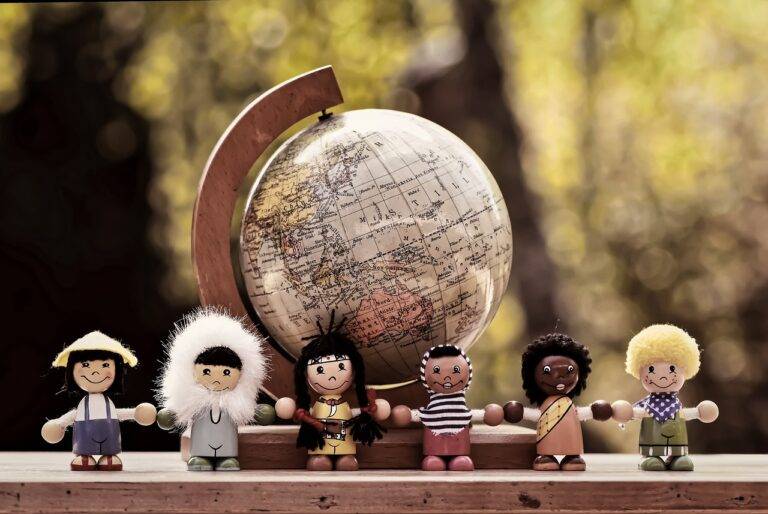The Future of Sustainable Fashion in Entertainment Industry
Sustainability in the fashion industry has gained momentum in recent years, with more brands and designers prioritizing eco-friendly practices. However, implementing sustainable fashion practices in the entertainment industry poses a unique set of challenges. One of the main hurdles is the fast-paced nature of the entertainment world, where trends come and go rapidly, making it difficult to keep up with sustainable practices that require time and resources.
Moreover, there is often a disconnect between the desire for sustainability and the practicalities of production in the entertainment industry. Budget constraints, tight deadlines, and the pressure to constantly deliver new and trendy designs can make it challenging for fashion designers and entertainment professionals to prioritize sustainability. Additionally, there is a lack of widespread awareness and education about sustainable practices, further impeding the implementation of eco-friendly initiatives in the entertainment industry.
Innovations in Sustainable Materials for Fashion in Entertainment Industry
In recent years, the entertainment industry has been increasingly embracing sustainable practices in fashion, leading to a growing demand for innovative sustainable materials. One such material gaining popularity is Tencel, also known as lyocell, which is made from wood pulp sourced from sustainable forestry practices. Tencel is not only biodegradable but also known for its softness, breathability, and ability to drape elegantly, making it a favored choice for eco-conscious designers in the entertainment industry.
Another promising sustainable material making waves in the fashion world is Piñatex, a leather alternative made from pineapple leaf fibers. This innovative material not only provides a cruelty-free alternative to traditional leather but also utilizes waste from the pineapple industry, promoting a circular economy. Piñatex is not only durable but also versatile, offering designers in the entertainment industry a sustainable option without compromising on style or performance.
Collaborations between Fashion Designers and Entertainment Industry for Sustainability
Collaborations between fashion designers and the entertainment industry have become increasingly prevalent in the realm of sustainability efforts. This partnership allows for the utilization of influential platforms to promote eco-friendly practices and raise awareness about the importance of sustainable fashion. By joining forces, designers are able to showcase their environmentally-conscious creations to a wider audience, fostering a greater appreciation for ethical and sustainable fashion choices.
Fashion designers and the entertainment industry can collaborate on various initiatives to promote sustainability, such as using recycled materials for costumes in film and television productions, organizing eco-friendly fashion shows and events, and advocating for sustainable practices in the production and distribution of clothing lines. These collaborations not only have the potential to revolutionize industry practices but also to inspire individuals to make more environmentally-friendly choices in their own lives. Through these partnerships, a significant impact can be made in creating a more sustainable future for the fashion and entertainment industries.
• Collaborations between fashion designers and the entertainment industry help promote eco-friendly practices
• Utilization of influential platforms to raise awareness about sustainable fashion
• Showcasing environmentally-conscious creations to a wider audience
• Using recycled materials for costumes in film and television productions
• Organizing eco-friendly fashion shows and events
• Advocating for sustainable practices in production and distribution of clothing lines
• Inspiring individuals to make more environmentally-friendly choices
What are some of the challenges faced in implementing sustainable fashion practices in the entertainment industry?
Some challenges include cost, lack of awareness, and the fast-paced nature of the industry.
What are some innovations in sustainable materials for fashion in the entertainment industry?
Innovations include the use of recycled materials, organic fabrics, and biodegradable textiles.
How can collaborations between fashion designers and the entertainment industry promote sustainability?
Collaborations can help raise awareness, showcase sustainable fashion practices, and encourage others to follow suit.
Are there any successful examples of collaborations between fashion designers and the entertainment industry for sustainability?
Yes, there have been successful collaborations such as eco-friendly red carpet initiatives, sustainable fashion campaigns in movies, and partnerships for sustainable fashion collections.







